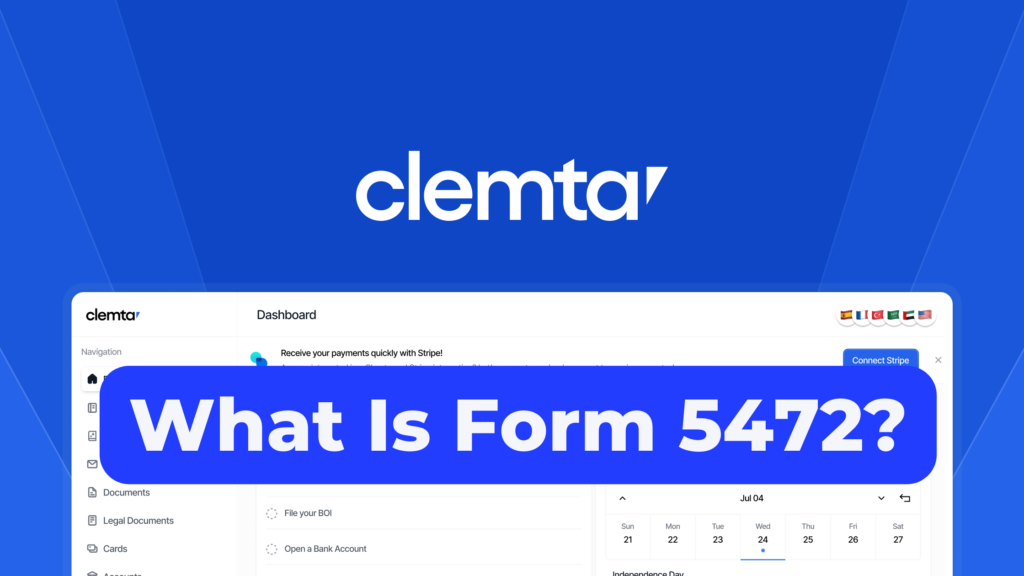When choosing a state to incorporate your business in, tax incentives, annual costs, and regulatory ease are crucial factors. Across the U.S., Delaware and Wyoming stand out as the top contenders renowned for their business-friendly environments. These states offer unique advantages for entrepreneurs, particularly concerning taxation and ease of business formation. In this article, we will delve into the main differences between Delaware and Wyoming, helping you make an informed decision for your business.
Advantages of Incorporating in Delaware
Delaware is lauded for its well-established legal framework supporting business entities. The state’s Chancery Court is a major draw for corporations seeking predictable legal outcomes in business disputes. Furthermore, Delaware offers consolidated tax benefits even though it imposes certain obligations.
Tax Incentives and Liabilities in Delaware
There are several similarities and differences between the state of Delaware and Wyoming. The most outstanding feature of owning a Wyoming company is not being subject to state personal income tax, state corporate income tax, or franchise tax, at all. Comparing with Wyoming, the Delaware Division of Corporations impose all of these three taxes.
Delaware levies a flat-rate $300 franchise tax annually, applicable to all corporations. This is a mandatory expense regardless of income, offering simplicity in planning corporate budgets. Additionally, if you hold Delaware incorporated shares but reside outside the state, you are exempt from Delaware stock taxes, a significant advantage for out-of-state investors.
For a seamless integration of these tax procedures into your business framework, Clemta.com provides comprehensive services to handle franchise tax payments and other corporate filing requirements on your behalf.
Exploring the Benefits of Wyoming Incorporation
Wyoming, in contrast, boasts the absence of both state personal and corporate income taxes, along with a lack of franchise taxes. This makes it an attractive choice for business owners aiming to minimize tax obligations.
Tax Environment in Wyoming
Businesses incorporated in Wyoming enjoy the benefit of not paying state personal income tax, state corporate income tax, or franchise tax. However, they must commit to a nominal annual report fee, generally around $50. This fee supports the state’s administrative services without burdening businesses with hefty tax responsibilities.
Clemta.com can assist in managing these minimal fees, ensuring your company remains compliant with Wyoming’s requirements.
Taxation: LLC vs. C-Corp in Delaware
Delaware offers flexibility in taxation, particularly for Limited Liability Companies (LLCs). LLCs can choose to be taxed as a disregarded entity, meaning the company’s income is taxed as personal income, bypassing the double taxation seen with C-Corp dividends.
Considerations for C-Corp Taxation
If your business operates as a Delaware C-Corp, it will be liable for federal corporate taxes (currently 21%). Additionally, dividends distributed to Delaware residents incur personal income taxes, leading to potential double taxation. Opting for an LLC structure provides an alternative, allowing tax reporting to align with personal income tax filings.
For businesses navigating complex tax structures, Clemta’s services offer expert advice and efficient filing processes to promote smooth operations post-incorporation.
Final Thoughts: Choosing the Best State for Your Business
The choice between Delaware and Wyoming depends on your business model, tax strategy, and future growth plans. While Delaware offers robust legal protection and established taxation frameworks, Wyoming presents minimal tax burdens and lower operational costs.
By utilizing Clemta’s comprehensive incorporation services, you can streamline your decision-making process, ensuring your business enjoys the full spectrum of benefits each state provides. Visit our website to explore our range of services and take the first step towards a successful business launch.
For more personalized guidance, connect with our team via email at [email protected] or [email protected], and let Clemta simplify your business setup.







